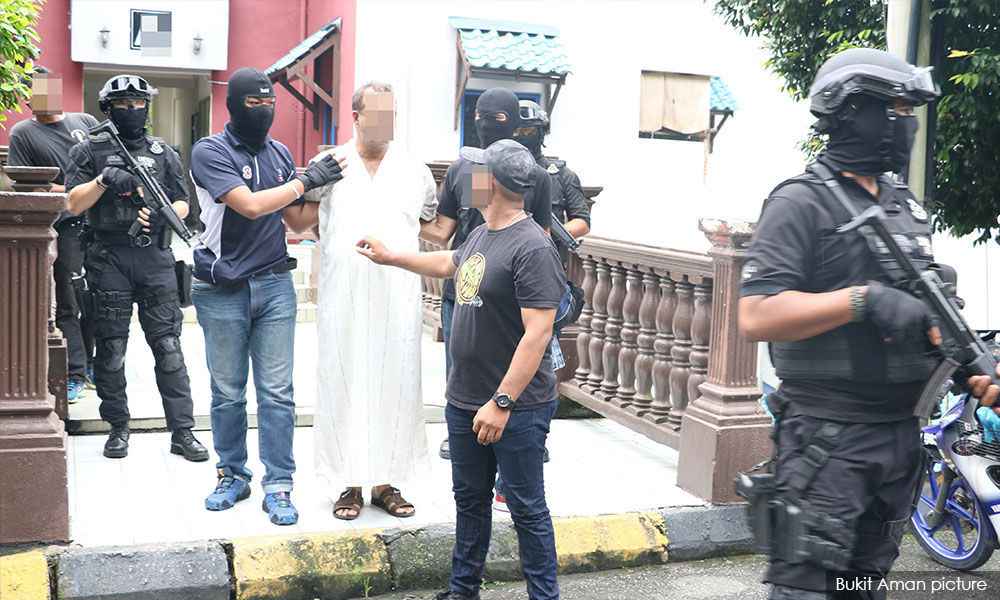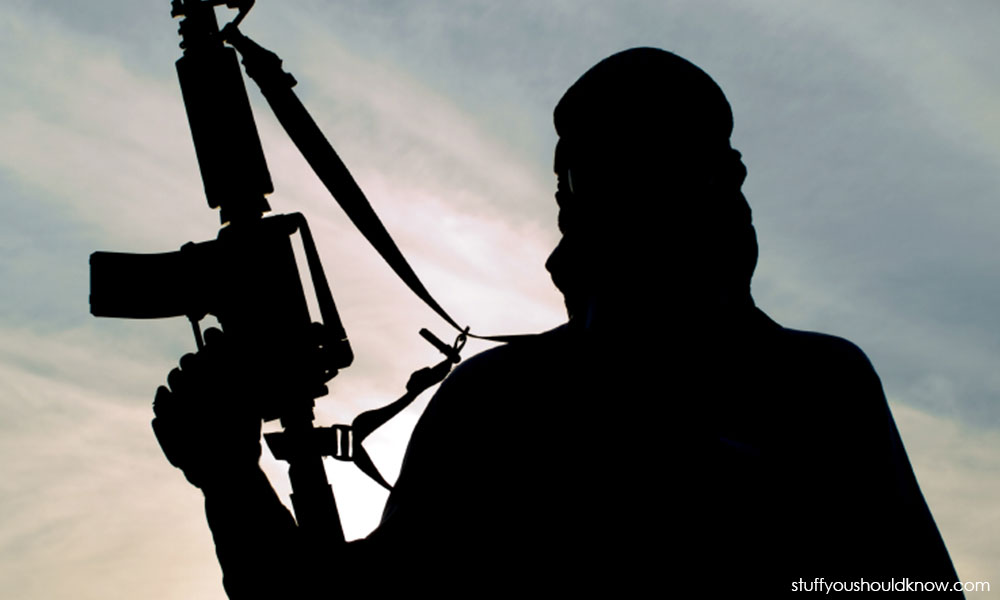COMMENT | Islamic State or IS, otherwise known as Daesh, is the manifestation of what the mid-19th-century French sociologist Émile Durkheim called "anomie".
Anomie refers to a state of perpetual drift, where no one feels rooted in one place (that one can call home), or meaning.
Not surprisingly, members of IS demands a caliphate - a permanent and fixed abode which IS calls home - even though the last caliphate had been abolished in Turkey in 1923.
Elsewhere, elements of IS demands shariah be established in every single country, even though the root of right and good human conduct dictates self-cultivation of one's good behavior - not an external framework.
But there is a larger reason why IS demands an Islamic state and shariah without fail across the Muslim world, indeed, even in non-Muslim countries - most of these countries have witnessed an erosion of good governance, human rights, and sound economic prospect.
Instead of pursuing them through democratic means, many are trapped in a system of dictatorship. Be it Saudi Arabia, or, Egypt, elements of IS are growing by leaps and bounds due to the deprivation of any means of genuine representation.
IS around the region
In Malaysia, Malaysians who are influenced into joining IS are in turn fed on the premise that the Islamic State or shariah are a must, without which, they will live and die as "unbelievers."
Indeed, when their own caliphate in Syria and Iraq was defeated in July 2017, the remaining elements of IS still insisted that the world be transformed into their image, and theirs alone. Almost everything they do is inspired by force and power, and a sense of chauvinism, where their normless-ness must reign supreme over all others.
Now that IS has been defeated in Syria and Iraq, it does not merely draw upon lone wolves, but sleeper cells and self-radicalised agents online to do its blood-curdling bidding as well.

Without a doubt, IS will pose an open threat internationally. In Southeast Asia, especially Mindanao, one has seen the extent to which IS's dangerous ideology has intertwined with local politics of Mindanao in Marawi.
Though the IS-inspired Maute Group was defeated in late October 2017, it is interesting to note that the even with the death of their leaders, Abdullah and Omar Maute, group leadership was not immediately handed to their underlings, but a Malaysian, Mohammad Manaf, who is suspected to have been killed in the Philippines as well.
The dream of creating a caliphate in and across Southeast Asia, while impractical to say the least, are trapped in the minds of these extremists despite the impracticality of the concept.
The question is; why? It is their belief that only a caliphate can overcome the problems of corruption, the lack of institutional integrity and economic growth. By demanding an Islamic state in the world, these extremists have become total zealots. However, their zealotry is driven by the lack of good governance and sound distribution of economic gains.
To be sure, IS is reaching deep into Islamic discourse to produce their own version of an idealised government. In fact, the idea of a caliphate, whether national or international, has been the crucible of Islamic history since the founding of Islam.
But the ummah (community) has also been organised along the lines of various nation states. There are more than 50 states that formed the Organisation of Islamic Cooperation together. States, rather than caliphates, have become the institutional expression of Islam; not ancient and archaic political forms of yonder. Yet, in and across these states, examples of their lack of good governance are legion.
Come what may, while the IS may have been militarily defeated, the idea and ideology that spawned its creation remain fertile.
Their inspiration and distorted reading of history have jointly produced a confrontational concept of an Islamic state, of one against all.
It is also interesting to note, for example, that Malaysia has detained some 396 jihadists from Islamic State, according to a statement released by Deputy Prime Minister Ahmad Zahid Hamidi in the Malaysian parliament. Of this number, only 50 are Malaysians, with the rest coming from different parts of the world.
Nor are they necessarily originating from the Islamic world mainly. There are close to a hundred Uyghur IS sympathisers now in detention in Malaysia. Uyghurs are from China.

IS remains a threat not just globally but in Southeast Asia too. The defense ministers of Indonesia, Malaysia, Singapore and the Philippines, together with Australia and New Zealand, have begun to take serious note by sharing their counterterrorism data.
But the average Malaysian needs to be wary of "creeping conservativism" that produces the ecology that keeps IS alive.
When Malaysians don't combat corruption seriously and systemically, and indeed, seek to build strong and clean institutions of government, then an extremist form of Islam will try to reign supreme in Malaysia.
How can IS break into Malaysia?
By making extremist Islam look normal and acceptable, eventually, blind to the importance of eradicating corruption and establishing good governance.
Part 1: The need to stay at a safe distance from Saudi Arabia
MOHAMAD SABU is president of Amanah.
The views expressed here are those of the author/contributor and do not necessarily represent the views of Malaysiakini.

